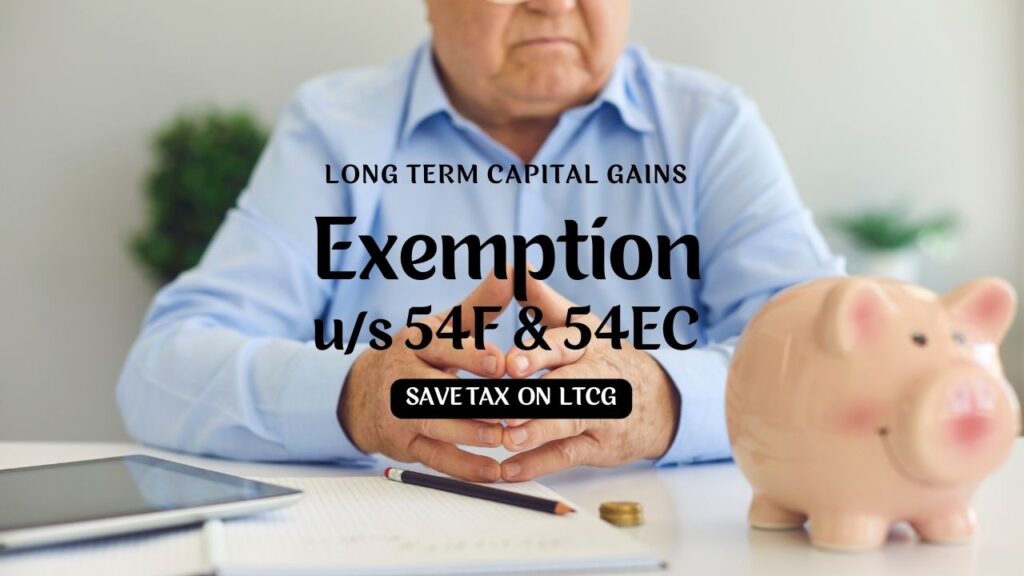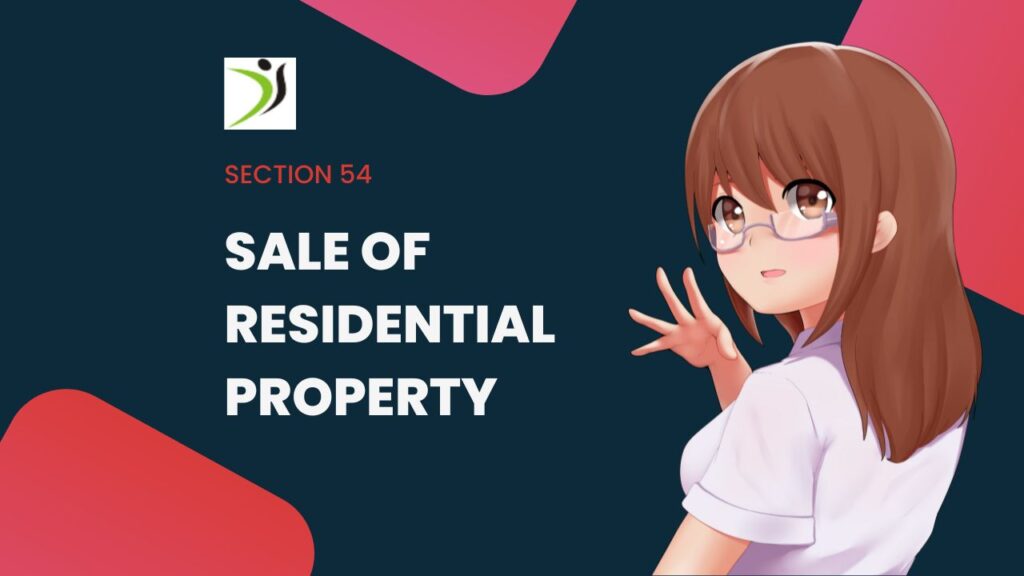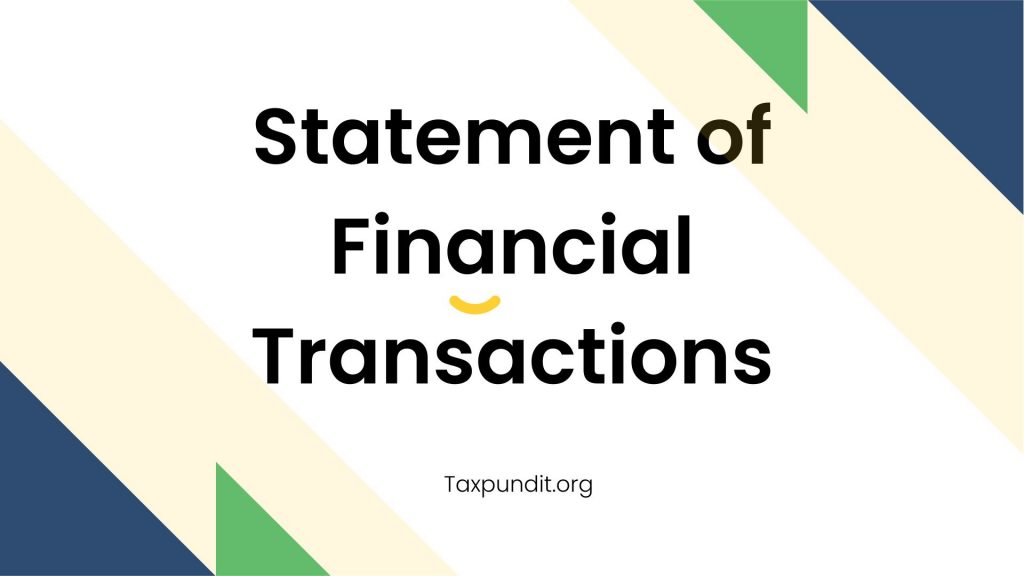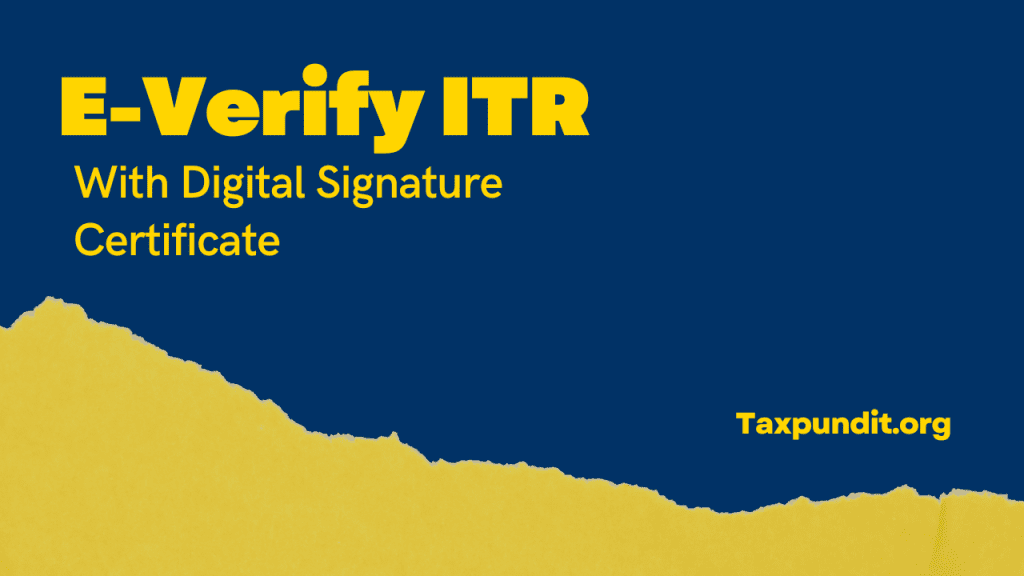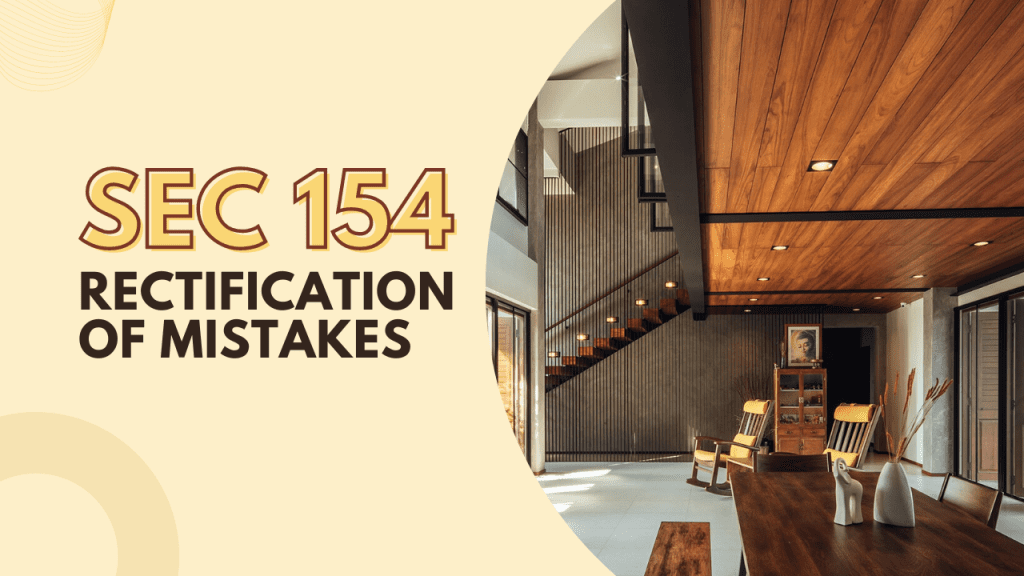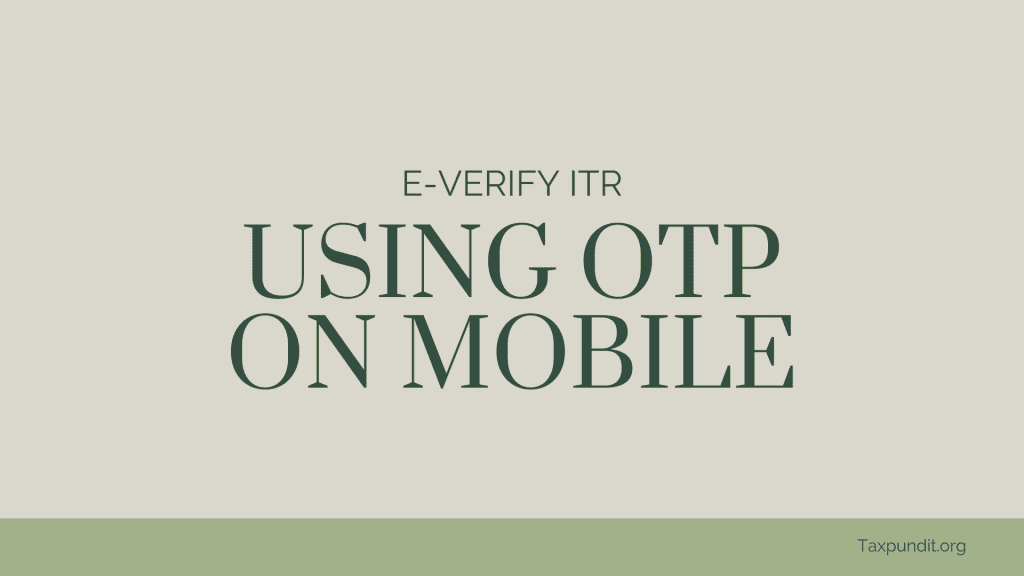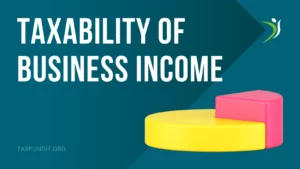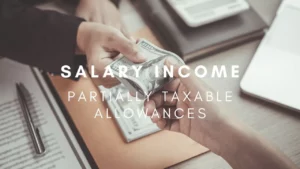Exemption under Section 54F of the Income Tax Act, 1961, the long term capital gains earned by selling a capital asset except a house property can be claimed from tax subject to the given condition.
The capital assets comprise bonds, gold, shares, and other such items. The condition prevails that the gains from the sale must be reinvested in either the purchase of the construction of a house property.
In other words if the assessee is an individual or HUF is entitled for the exemption if capital gain arises to him from the transfer of any Long Term Capital Asset not being a residential house and the assessee within a period of one year before or two years after the date of transfer purchases or had within a period of three years after the date of transfer constructed a residential house, the whole of the net consideration is invested in the residential house (referred subsequently as new asset), the whole of the capital gain shall be exempt.
In case cost of the new asset is less than the net consideration in respect of the original asset so much of the capital gain as bears to the whole of the capital gain, same proportion as the case of the new asset bears to the net consideration be exempt.
The proviso to exemption under section 54F denies the exemption to the assessee in case the assessee owns more than one residential house other than the original asset on the date of the transfer of the original asset or purchases any residential house other than the new asset within a period of one year after the date of transfer of the original asset or constructed any residential house other than the new residence within a period of three years after the date of transfer of the original asset.
Section 54F as per Income Tax Act, 1961
Eligible assessees: Individuals/ HUF
Conditions To Be Fulfilled for Exemption under Section 54F
Following conditions must be fulfilled to claim exemption under Section 54F :-
- There must be transfer of a long-term capital asset, not being a residential house.
- Transfer of plot of land is also eligible for exemption
- The assessee should –
- Purchase one residential house situated in India within a period of 1 year before or 2 years after the date of transfer; or
- Construct one residential house in India within 3 years from the date of transfer.
- If such investment is not made before the date of filing of return of income, then the net sale consideration has to be deposited under the CGAS. Amount utilized by the assessee for purchase or construction of new asset and the amount so deposited shall be deemed to be the cost of new asset.
4. The assessee should not own more than one residential house on the date of transfer.
5. The assessee should not –
- purchase any other residential house within a period of 2 years or
- construct any other residential house within a period of 3 years from the date of transfer of the original asset.
Quantum of Exemption under Section 54F
Amount of exemption under Section 54F is calculated as under :-
If cost of new residential house ≥ Net sale consideration of original asset, entire capital gains is exempt.
If cost of new residential house < Net sale consideration of original asset, only proportionate capital gains is exempt i.e.
LTCG x Amount invested in new residential house / Net Sale Consideration
Exemption u/s 54
Read our Article on Exemption under Section 54 on Sale of Residential Property
Consequences where the Assessee Purchases any Other Residential House
Consequences where the assessee purchases any other residential house within a period of 2 years or constructs any other residential house within a period of 3 years from the date of transfer of original asset
The capital gains exempt earlier under section 54F shall be deemed to be taxable as long-term capital gains in the previous year in which such residential house is purchased or constructed.
Consequences if the New House is Transferred
Consequences if the new house is transferred within a period of 3 years from the date of its purchase
- Capital gains would arise on transfer of the new house; and
- The capital gains exempt earlier under section 54F would be taxable as long-term capital gains.
Capital Gains Account Scheme (CGAS)
Under sections 54, 54B, 54D and Section 54F, capital gains is exempt to the extent of investment of such gains/ net consideration (in the case of section 54F) in specified assets within the specified time.
If such investment is not made before the date of filing of return of income, then the capital gain or net consideration (in case of exemption under section 54F) has to be deposited under the CGAS.
Time limit
Such deposit in CGAS should be made before filing the return of income or on or before the due date of filing the return of income, whichever is earlier.
Proof of such deposit should be attached with the return. The deposit can be withdrawn for utilization for the specified purposes in accordance with the scheme.
Consequences if the Amount Deposited in CGAS is Not Utilized
Consequences if the amount deposited in CGAS is not utilized within the stipulated time of 2 years / 3 years
If the amount deposited is not utilized for the specified purpose within the stipulated period, then the unutilized amount shall be charged as capital
gain of the previous year in which the specified period expires. In the case
of section 54F, proportionate amount will be taxable.
Exemption under Section 54EC
Eligible assessee – Any assessee
Conditions to be fulfilled
- There should be transfer of a long-term capital asset being land or building or both.
- Such asset can also be a depreciable asset (in this case, building) held for more than 24 months.
- The capital gains arising from such transfer should be invested in a long-term specified asset within 6 months from the date of transfer.
- Long-term specified asset means specified bonds, redeemable after 5 years, issued on or after 1.4.2018 by the National Highways Authority of India (NHAI) or the Rural Electrification Corporation Limited (RECL) or any other bond notified by the Central Government in this behalf [Bonds of Power Finance Corporation (PFC) and Indian Railways Finance Corporation (IRFC)].
- The assessee should not transfer or convert or avail loan or advance on the security of such bonds for a period of 5 years from the date of acquisition of such bonds.
Quantum of exemption under Section 54EC
- Capital gains or amount invested in specified bonds, whichever is lower.
- The maximum investment which can be made in notified bonds or bonds of NHAI and RECL, out of capital gains arising from transfer of one or more assets, during the previous year in which the original asset is transferred and in the subsequent financial year cannot exceed Rs. 50 lakhs.
Violation of condition under Section 54EC
In case of transfer or conversion of such bonds or availing loan or advance on security of such bonds before the expiry of 5 years, the capital gain exempted earlier shall be taxed as long-term capital gain in the year of violation of condition.
FAQ on Section 54F and Section 54EC
To claim exemption under section 54F, the taxpayer must purchase a house within one year before or two years after the date at which such capital asset is sold. If the house is being constructed, the construction must be completed within 3 years from the sale of such capital asset.
The exemption is available only to individuals and Hindu Undivided Families (HUFs).
No. Both exemption cannot be claimed simultaneously.
If the capital gain is from selling a house property, then the exemption falls under Section 54, otherwise, the exemption falls under section 54F.
54EC bonds come with a lock-in period of 5 years
Watch our Video on Section 54, 54F & 54EC
About Taxpundit Team
Our team consists of highly qualified, experienced and knowledgeable industry professionals that are passionate and dedicated to our clients. We provide the best possible service to our clients in a timely and effective manner, whilst always adhering to the highest levels of quality.

